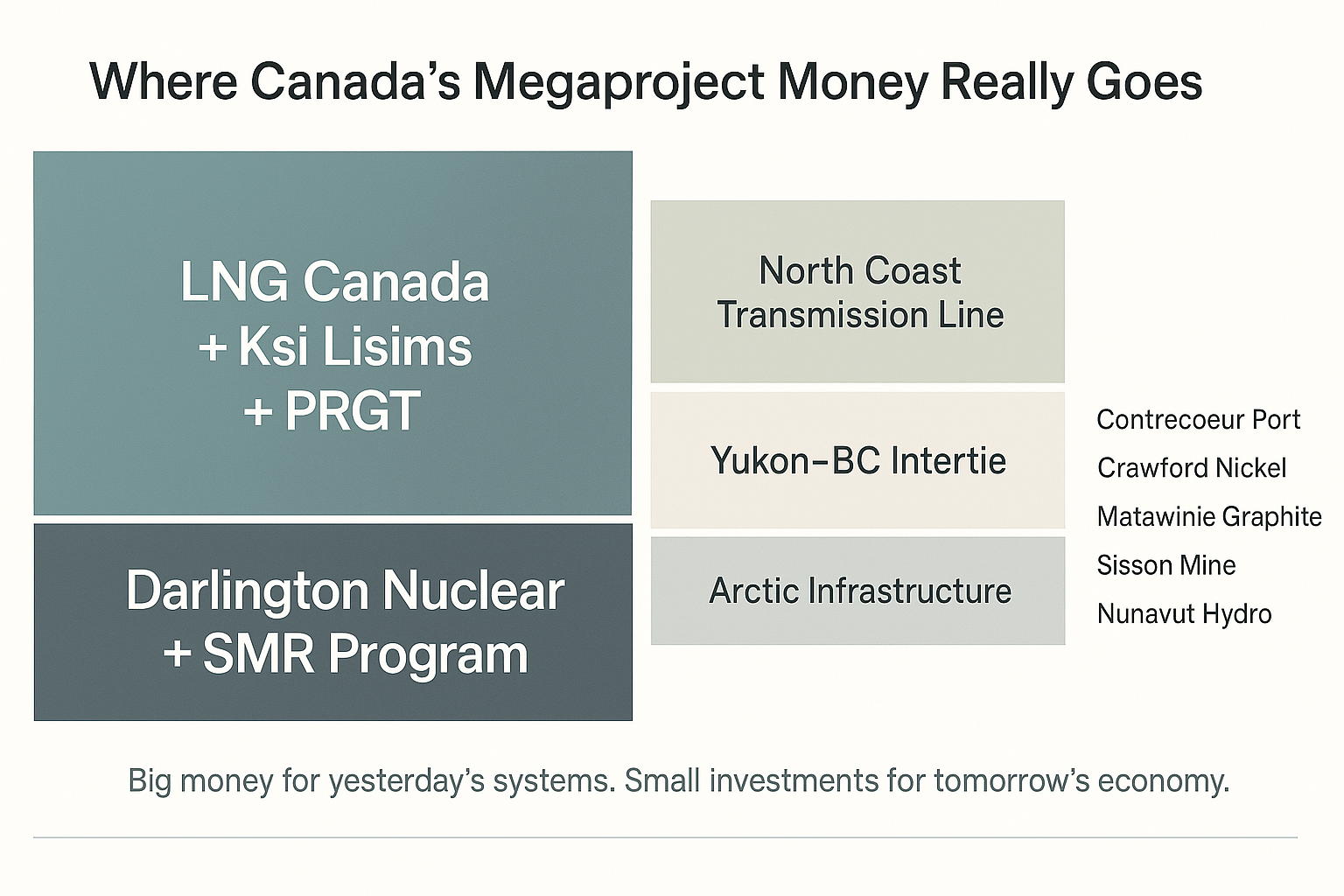Support CleanTechnica’s work through a Substack subscription or on Stripe.
Last Updated on: 19th August 2025, 12:02 am
By Ayesha Tandon, Leo Hickman, Cecilia Keating, and Robert McSweeney. Design by Tom Prater.
A “critical assessment” report commissioned by the Trump administration to justify a rollback of US climate regulations contains at least 100 false or misleading statements, according to a Carbon Brief factcheck involving dozens of leading climate scientists.
The 140-page report — “A critical review of impacts of greenhouse gas emissions on the US climate” — was published by the US Department of Energy (DoE) on 23 July, just days before the government laid out plans to revoke a scientific finding used as the legal basis for emissions regulation.
The executive summary of the controversial report inaccurately claims that “CO2-induced warming might be less damaging economically than commonly believed”.
It also states misleadingly that “excessively aggressive [emissions] mitigation policies could prove more detrimental than beneficial”.
Compiled in just two months by five “independent” researchers hand-selected by the climate-sceptic US secretary of energy Chris Wright, the document has sparked fierce criticism from climate scientists, who have pointed to factual errors, misrepresentation of research, messy citations and the cherry-picking of data.
Experts have also noted the authors’ track record of promoting views at odds with the mainstream understanding of climate science.
Wright’s department claims the report — which is currently open to public comment as part of a 30-day review — underwent an “internal peer-review period amongst [the] DoE’s scientific research community”.
The report is designed to provide a scientific underpinning to one flank of the Trump administration’s plans to rescind a finding that serves as the legal prerequisite for federal emissions regulation. (The second flank is about legal authority to regulate emissions.)
The “endangerment finding” — enacted by the Obama administration in 2009 — states that six greenhouse gases are contributing to the net-negative impacts of climate change and, thus, put the public in danger.
In a press release on 29 July, the US Environmental Protection Agency said “updated studies and information” set out in the new report would “challenge the assumptions” of the 2009 finding.
Carbon Brief asked a wide range of climate scientists, including those cited in the “critical review” itself, to factcheck the report’s various claims and statements.
Flaws visualised
The responses can be explored below, with false statements highlighted in red and misleading statements shaded in orange. Any areas that remain uncoloured represent parts of the report that either have been stated as accurate by a cited author, or have not received any comment from invited experts.
The dropdown menu can be used to navigate to specific sections of the report.
Carbon Brief’s analysis also finds that, of the 350 references included in the report, almost 10% is work by the report’s own authors.
Amid the Trump administration’s attacks on science, some contributors have asked to be anonymised. The responses from scientists have been lightly edited for clarity and style.
Carbon Brief’s methodology and a glossary of key terms used by factchecking contributors can be found towards the end of the article.
The DoE had not responded to Carbon Brief’s request for comment at the time of going to press.
Article from Carbon Brief. Read the full report here.
Sign up for CleanTechnica’s Weekly Substack for Zach and Scott’s in-depth analyses and high level summaries, sign up for our daily newsletter, and follow us on Google News!

Have a tip for CleanTechnica? Want to advertise? Want to suggest a guest for our CleanTech Talk podcast? Contact us here.
Sign up for our daily newsletter for 15 new cleantech stories a day. Or sign up for our weekly one on top stories of the week if daily is too frequent.
CleanTechnica uses affiliate links. See our policy here.
CleanTechnica’s Comment Policy




